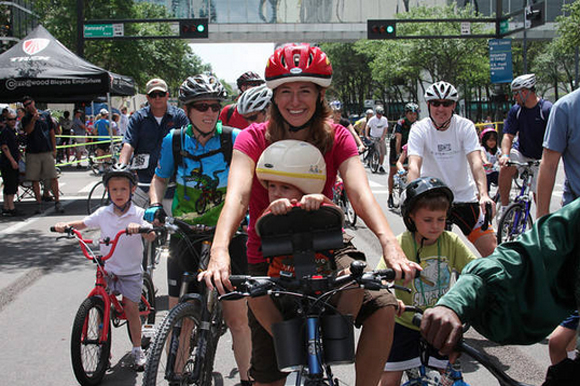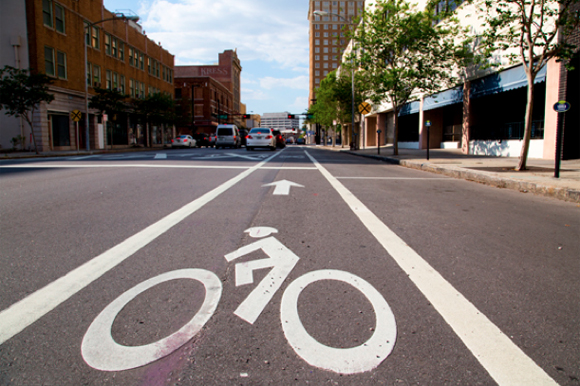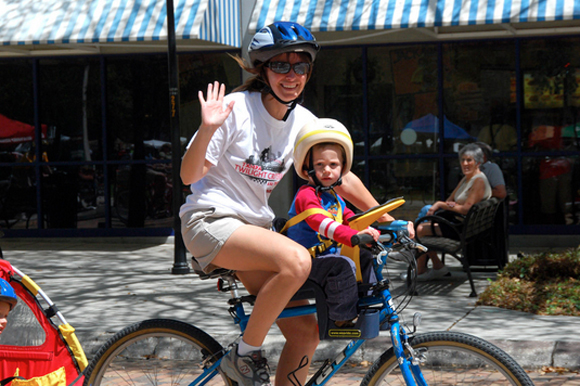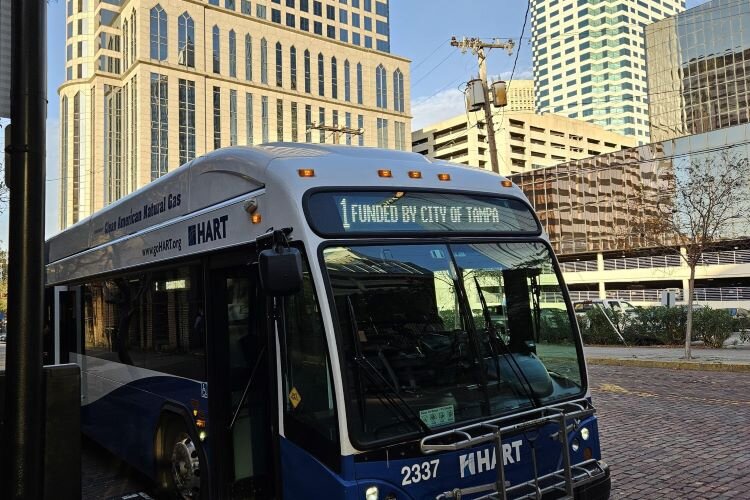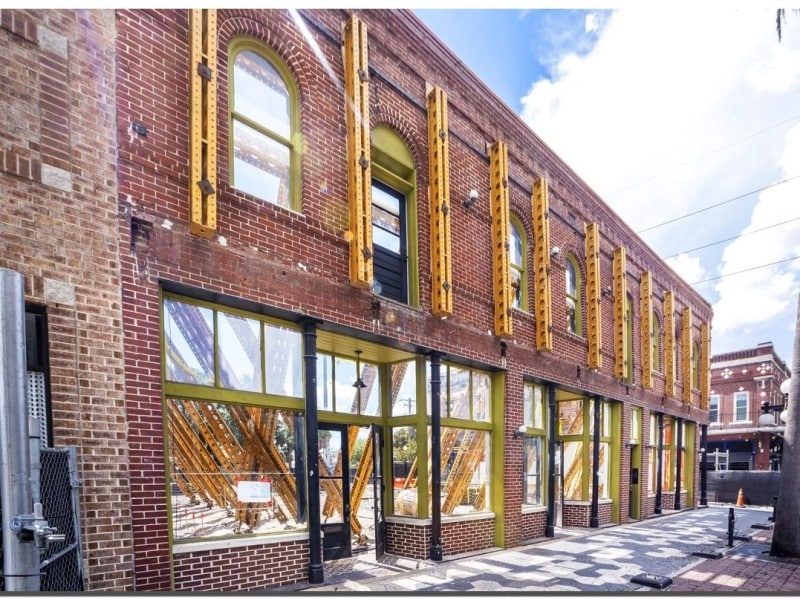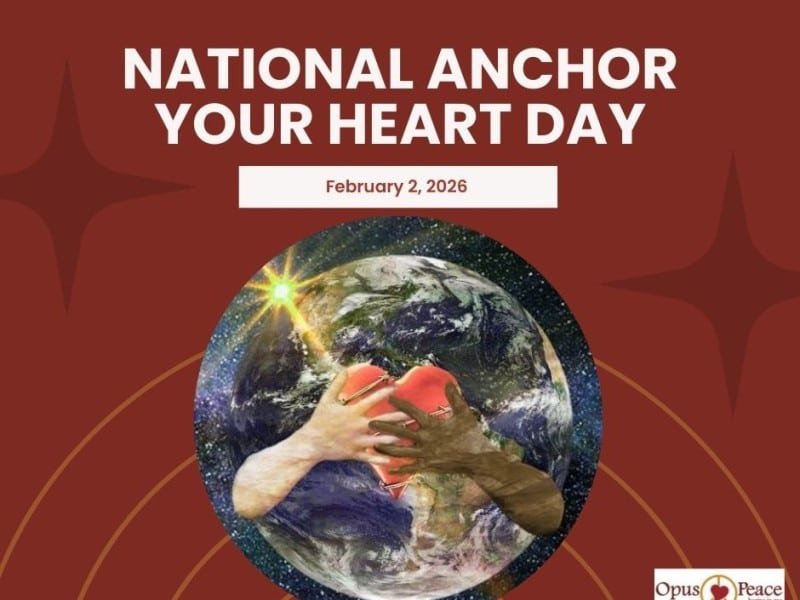Vision Zero: Sharing the road safely for everyone in Tampa Bay
No more deaths of bicyclists trying to share busy local roads with trucks and cars. That's the goal for Vision Zero, a national initiative being adopted in Tampa and Hillsborough County.
Christine Acosta does more than dream of a Tampa in which cyclists and pedestrians enjoy safe travels. The interim executive director of Walk/Bike Tampa Bay wants citizens to know that such journeys are not only possible — they’re imminent.
Resolutions recently passed by Tampa’s City Council, the Hillsborough County School Board and the Hillsborough County Commission support the enactment of Vision Zero, a data-driven initiative focused on one outcome: no more lives lost on the road.
For a city that has been one of the nation’s worst for bicycle and pedestrian safety, there looms a special sense of urgency. While advocacy groups continue to call for Tampa to embrace Vision Zero, road improvements and education outreach continue. To Acosta, who’s known for her enthusiasm as the founder of Pedal Power Promoters, this points to the city being on the right “bike” track – pun intended.
“There are so many people working locally to make the roadways safer for bikers and walkers,” she says. “Adopting Vision Zero will bring them all together under a common purpose.”
Cycle tracks and business bike education
As Director of Transportation and Planning for the Tampa Downtown Partnership, Karen Kress has a personal reason for making the roadways safer. She fondly recalls bike rides with her child snug in the seat behind, both enjoying the sense of freedom that comes with cycling. These days, she navigates a hybrid bicycle throughout downtown like a self-described “European bike commuter.”
“I am not the norm,” she says. “I see Tampa as a world class city full of bicycle commuters, but that can’t happen without further safety and security measures.”
Kress points to the recently constructed Cass Cycle Track as an example of road safety developments that not only stand to benefit pedestrians and cyclists, but local businesses as well. The Cass route features a curb barrier about 12 inches wide and 6 inches tall. A cyclist pedaling in this lane can head from Tampa Street in the heart of downtown just north of Tampa Theatre. The rider can also travel East to Nebraska Avenue; plans exist to connect the track to Ybor City.
“Bike riders are more likely than car drivers to stop at a place of business,” she says. “Where we can grow as a community is to get people out of their cars to ride downtown for an event, a concert, a restaurant or to work, and they have to feel confident to do that.”
As an outreach effort, Kress and Acosta collaborated and brought a bicycle friendly business program funded by the Florida Department of Transportation to Tampa. The curriculum included bicycle safety classes and the installment of indoor and outdoor bike parking areas. At its culmination, 11 businesses achieved national certification, six were given honorable mentions, and Tampa was named the number one bike friendly business city in Florida. Now, Kress says, it’s time to give those riders the confidence they need to choose two wheels.
Accessibility and routes abound
Co-owner of City Bike Tampa Jim Shirk is on the front lines of cycling development in the area. He points to the rise of new trails as evidence of cycling’s popularity; from the LeeRoy Selmon bike track to nearby Sarasota’s multi-use expansion of the Legacy Trail, routes are burgeoning. The question, he says, is not whether the Bay Area is popular for pedestrians and cyclists – it’s how the city will foster safety as the norm.
“What we have is not just a bike problem,” he says. “The public needs to be conscious of the rules of the road.”
The Customer Engagement Manager for Cycle Hop, Eric Trull, agrees. Trull cites a critical mass of bicyclists in the Downtown area as a means to teach automobile drivers and cyclists how to coexist. Trull runs Coast Bike Share, which makes 300 bikes available in Downtown Tampa, Davis Islands, Channelside, Ybor City and Hyde Park. As development of Port Tampa Bay and the Waterfront district in Tampa continue, he says, the economic value to the City of these travelers on two wheels can’t be discounted. Rider safety must be ensured.
Dedicated to safety: Bike/Walk Tampa Bay
During a regional summit for Bike/Walk Tampa Bay in December of 2015, citizens, public officials and community leaders met to discuss a plan to eliminate pedestrian and bicyclist fatalities. Local, state and national experts spoke about Vision Zero and how the Swedish-born program spreading across America can work for Tampa. Twenty American cities have embraced Vision Zero thus far, and New York, which adopted it in 2012, currently reported the lowest rate of fatalities in 100 years.
To engage the public in the responsibility, Vision Zero dictates lower speed limits, the redesigning of streets and education regarding safety protocols. The Vision Zero Network assists new converts, sharing tried-and-true ideas and strategies. Instead of singular groups and individuals striving toward a common goal, Vision Zero combines them into a single network, Acosta says. That, she believes, will make the streets safer in Tampa Bay.
“Ultimately, what we need is a paradigm shift from traffic speed to safety importance,” Acosta says. “We have to be willing to change the way we think, because we have a moral and ethical obligation to put human lives first.”
Certified bicycle friendly local businesses
“Tampa is now tied with Minneapolis for 10th place nationwide, both with 19 total BFBs,” notes Amelia Neptune, League Bicycle Friendly Business Program Manager. Tampa keeps its position as #1 in the State of Florida.
Here are the 19 local businesses officially recognized as bicycle friendly:
- Tampa General Hospital
- The Blind Tiger Cafe
- Buddy Brew Coffee
- Duckweed Urban Grocery
- Spain Restaurant & Toma Bar
- Ferg’s Live
- Downtown Tampa YMCA
- Downtown Tampa YMCA, Fort Brooke
- Old Tampa Book Company
- Anise Global Gastrobar
- Tampa Pizza Company
- Tindale Oliver
- Bamboozle Cafe
- Cigar City Brewing
- Cigar City Cider & Mead
- Columbia Cafe
- Holy Hog Barbecue
- The Franklin
- Ulele Restaurant

